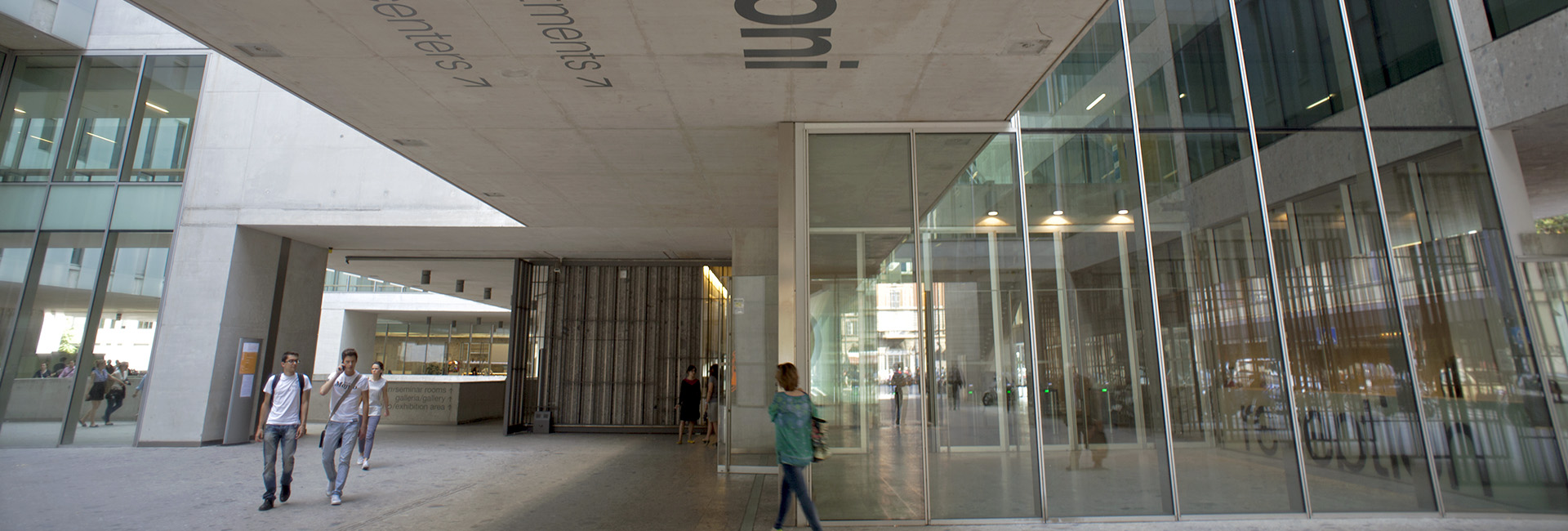5222 - MANAGEMENT OF INTERNATIONAL AND SUPRANATIONAL ORGANIZATIONS
Course taught in English
Go to class groups 31
Course Objectives
Globalization has generated problems that are beyond the scope and competence of national governments. This is sometimes seen as a sign that global markets are escaping governmental supervision. Although the current challenges of globalization have exposed the inadequacies of international organizations, they are also prompting innovation and the development of new forms of governance linking national and international levels. The purpose of this course is to examine the common issues and management responses being made to emerging problems by international and supranational organizations such as the World Trade Organisation, the World Bank, the various agencies of the United Nations and the supranational institutions of the European Union. As well as case studies, the course uses a comparative approach to look at management processes and structures including the development of international regimes and the way the linkages between national and international level contribute to policy formulation and implementation.
Course Content Summary
The main topics covered by the course are as follows:
- The changing environment of international organization. Globalization; definitions, trends and issues
- Globalization and governance
- A comparative framework for analysing similarities and differences among international organizations
- Models of decision-making and negotiation in multi level governance
- Managing interdependence at the international level; partnerships and regimes
- Coordination in international policy management
- The institutions and policy processes of the European Union
- The EU Supranational or intergovernmental?
- Innovation and reform in European public management
- The United Nations system; institutions, agencies, programmes and funds.
- Managing the links between national governments and international institutions
- Public management reform strategies and policy transfer at national and international levels
- Reform of the European Commission and European governance
Textbooks
A collection of relevant readings from the relevant literature will be made available as a course book. In addition, students will have access to outlines of lectures and will be expected to make use of the material on web sites of the international organizations covered in the course. Other articles and books will be suggested as recommended reading.
Detailed Description of Assessment Methods
Attending students
The exams for this course are all written. Details about the exams will be communicated at the beginning of the course.
Non attending students
Exams will be written and feature compulsory questions only.





